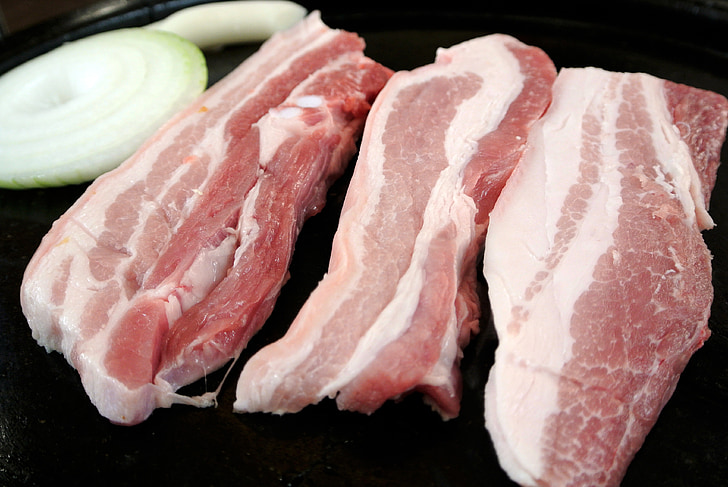South Korea intends to end profitable dog meat business, even as the Philippines announces cuts in 2023 meat imports. These two happenings are rocking the East Asia meat scene in the holiday season when meat consumption is usually high.
In South Korea, the new bill seeks a stoppage in rearing dogs for meat production as well as their slaughter. Seoul intends to begin the ban on dog meat in 2027 following a 36-month grace period.
South Korea’s new agriculture minister Song Mi-ryung told parliament during her confirmation that she will “certainly” support the bill.
There is a caveat, however, in that dog meat operators ought to receive compensation, a suggestion that Song seconds.
Korea’s dog meat industry is a relatively big one and boasts 34 butchering firms, alongside 219 distribution channels.
The government says there are 1,150 dog farms around the nation and 1600 restaurants that sell dog meat-based food. This means a distribution of 1.4 restaurants of this rare delicacy for every 1 dog farm.
Despite this support by the minister, the legislation faces a drag for lack of support by the opposition law makers. The opposition stands with the owners of 520,000 dogs who claim compensation worth 7 trillion won ($5.39 billion).
Philippines has Enough Domestic Meat
Further afield, Korea’s south-east Asia neighbour, the Philippines, has drastically cut meat imports in 2023 following domestic replenishment.
Estimates put total meat shipments into the country to reach 1.09 metric tonnes end December, a drop of 8.1% from 2022.
UN’s Food and Agricultural Organization (FAO) however states that pig imports may decline at a lower rate than bovine imports. This is because the Philippines extended the period for low-tariff rate pork imports to the end of 2023. The country has been grappling with African Swine Fever (ASF) in 2023 and hence shipping pork from abroad.
The government raised the bar on local meat production, which declined imports by 18.9% in October 2023 from October 2022. During that month, the Department of Agriculture’s Bureau of Animal Industry (BAI) reported that meat imports dropped to 95.98 million kg.
Pork, whose prices had risen in July 2023 due to ASF, fell by 26.35% in October from increasing local supplies.
Beef, on the other hand, slumped by 22.1% to 13.96 million kg. This is even as buffalo meat imports slumped to 1.987 million kg, 42.5% lower than October 2022’s.
